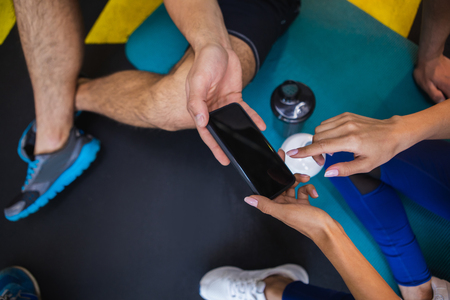The Role of Artificial Intelligence in Assistive Technology for Rehabilitation in the UK
Introduction: Embracing Technology in RehabilitationAcross the United Kingdom, there is a growing recognition of the crucial role technology plays in supporting individuals on their rehabilitation journeys. As the UK’s population ages and long-term health conditions become more prevalent, the demand for effective and accessible assistive technology has never been greater. Within this evolving landscape, artificial…





